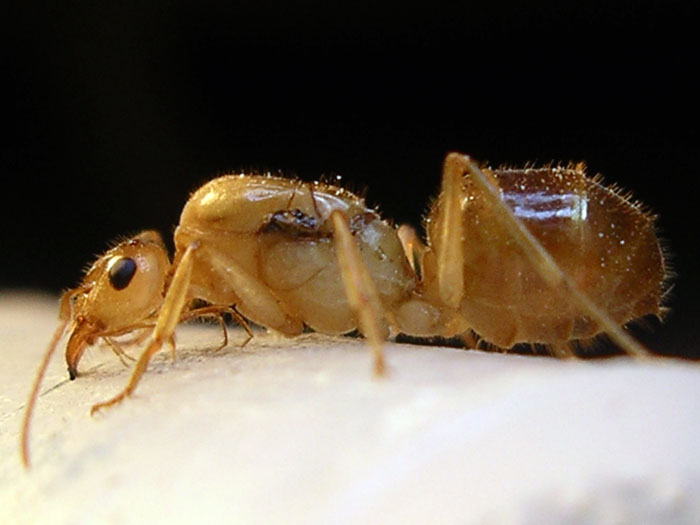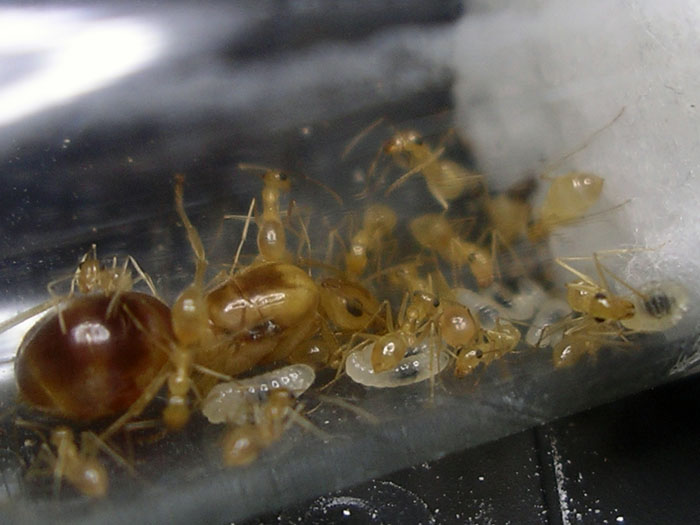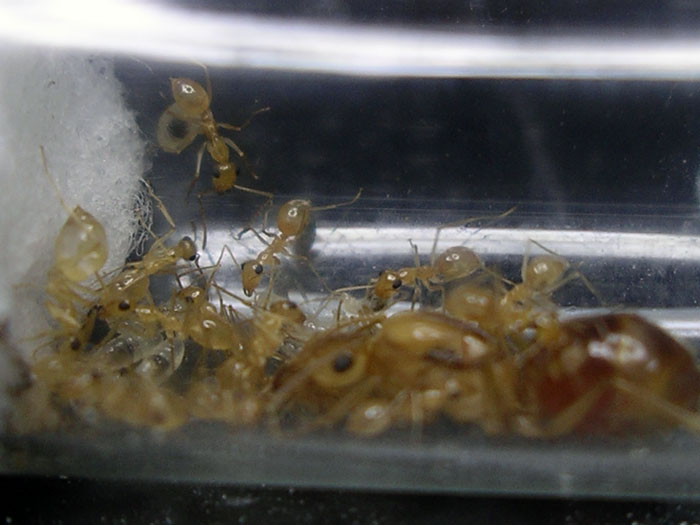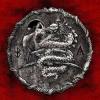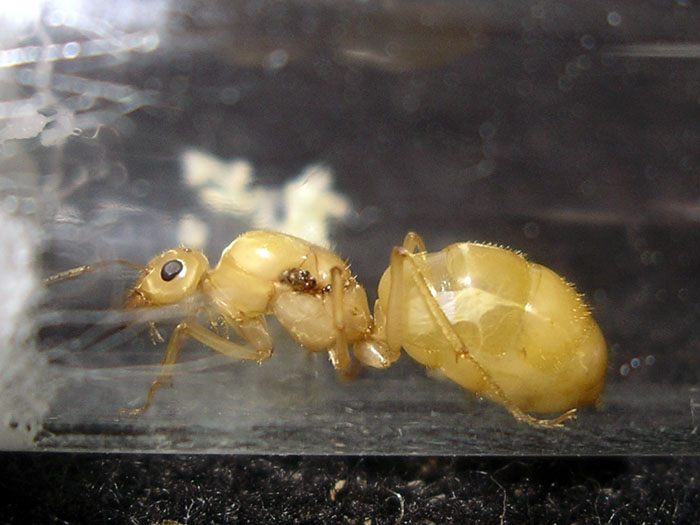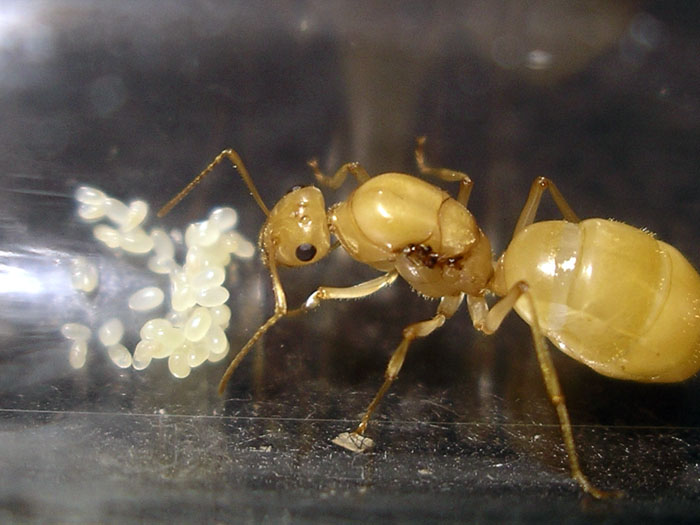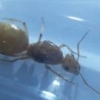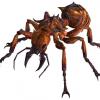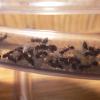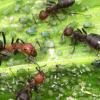On March 16th 2014, I dug up two colonies of Myrmecocystus navajo in Pinyon Pines, California, which is located on the eastern (desert) side of the San Jacinto Mountains. Both of these colonies were only a few inches deep, and very small; one had about 10 workers, and the other had about 15. For right now, since the colonies are fairly small, I'm just keeping them both in simple test tube setups.
It's been about five days, and the smaller colony already has a new cluster of eggs.
Original ID thread: http://forum.formicu...s-ca-3-17-2014/
